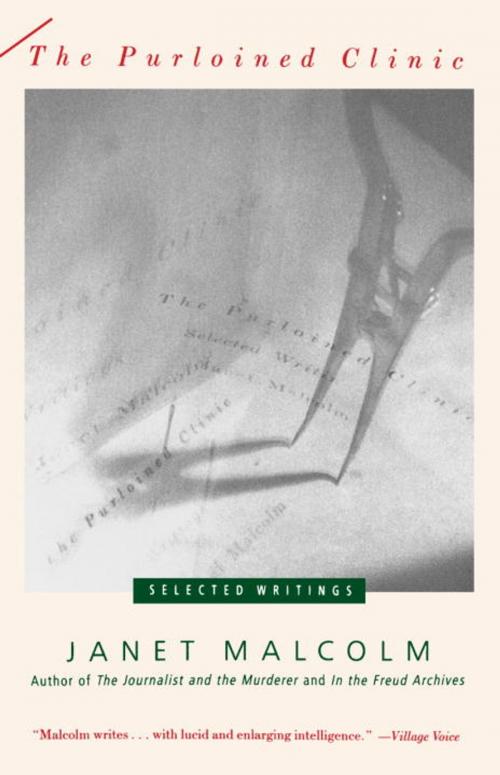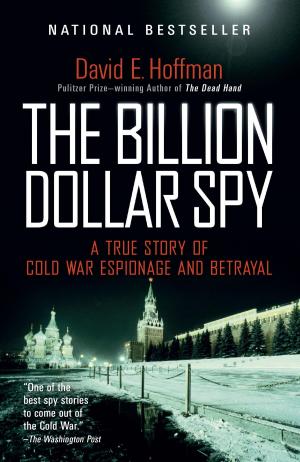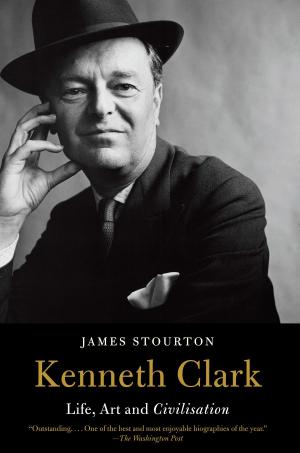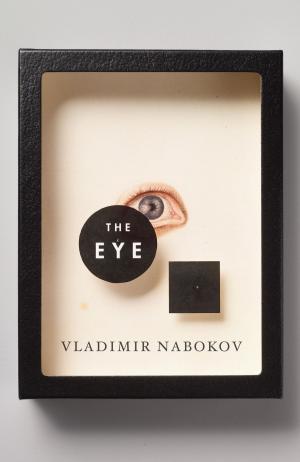The Purloined Clinic
Selected Writings
Fiction & Literature, Literary Theory & Criticism, Books & Reading, Essays & Letters, Essays, Nonfiction, Social & Cultural Studies, Social Science| Author: | Janet Malcolm | ISBN: | 9780307830609 |
| Publisher: | Knopf Doubleday Publishing Group | Publication: | January 23, 2013 |
| Imprint: | Vintage | Language: | English |
| Author: | Janet Malcolm |
| ISBN: | 9780307830609 |
| Publisher: | Knopf Doubleday Publishing Group |
| Publication: | January 23, 2013 |
| Imprint: | Vintage |
| Language: | English |
The Purloined Clinic is a retrospective of essays, reviews, and reports that reflect the range and depth of Janet Malcolm's engagement with psychology, criticism, art, and literature.
She examines aspects of "that absurdist collaboration," the psychoanalytic dialogue, from which come "small, stray sell recognitions that no other human relationship yields, brought forward under conditions . . . that no other human relationship could survive." She addresses such subjects as Tom Wolfe's vendetta against modern architecture, Milan Kundera's literary experiments, and Vaclav Havel's prison letters. She explores the somewhat deflated world of post-revolutionary Prague, guides us through the labyrinthine New York art world of the eighties, and takes us behind the one-way mirror of Salvador Minuchin's school of family therapy. And to each subject she brings the incisive skepticism and dazzling epigrammatic style that are her hallmarks.
“Why don’t more people write like [Malcolm]? . . . She is cast from the mold of the Eastern European intellectual: beholden to modernism. as familiar with Kundera’s exile as she is with Freud’s Vienna. This sensibility must grant her the detachment she sometimes so mercilessly employs, but it also gives her an unassailable passion for getting to the center of things.” —Boston Globe
The Purloined Clinic is a retrospective of essays, reviews, and reports that reflect the range and depth of Janet Malcolm's engagement with psychology, criticism, art, and literature.
She examines aspects of "that absurdist collaboration," the psychoanalytic dialogue, from which come "small, stray sell recognitions that no other human relationship yields, brought forward under conditions . . . that no other human relationship could survive." She addresses such subjects as Tom Wolfe's vendetta against modern architecture, Milan Kundera's literary experiments, and Vaclav Havel's prison letters. She explores the somewhat deflated world of post-revolutionary Prague, guides us through the labyrinthine New York art world of the eighties, and takes us behind the one-way mirror of Salvador Minuchin's school of family therapy. And to each subject she brings the incisive skepticism and dazzling epigrammatic style that are her hallmarks.
“Why don’t more people write like [Malcolm]? . . . She is cast from the mold of the Eastern European intellectual: beholden to modernism. as familiar with Kundera’s exile as she is with Freud’s Vienna. This sensibility must grant her the detachment she sometimes so mercilessly employs, but it also gives her an unassailable passion for getting to the center of things.” —Boston Globe















